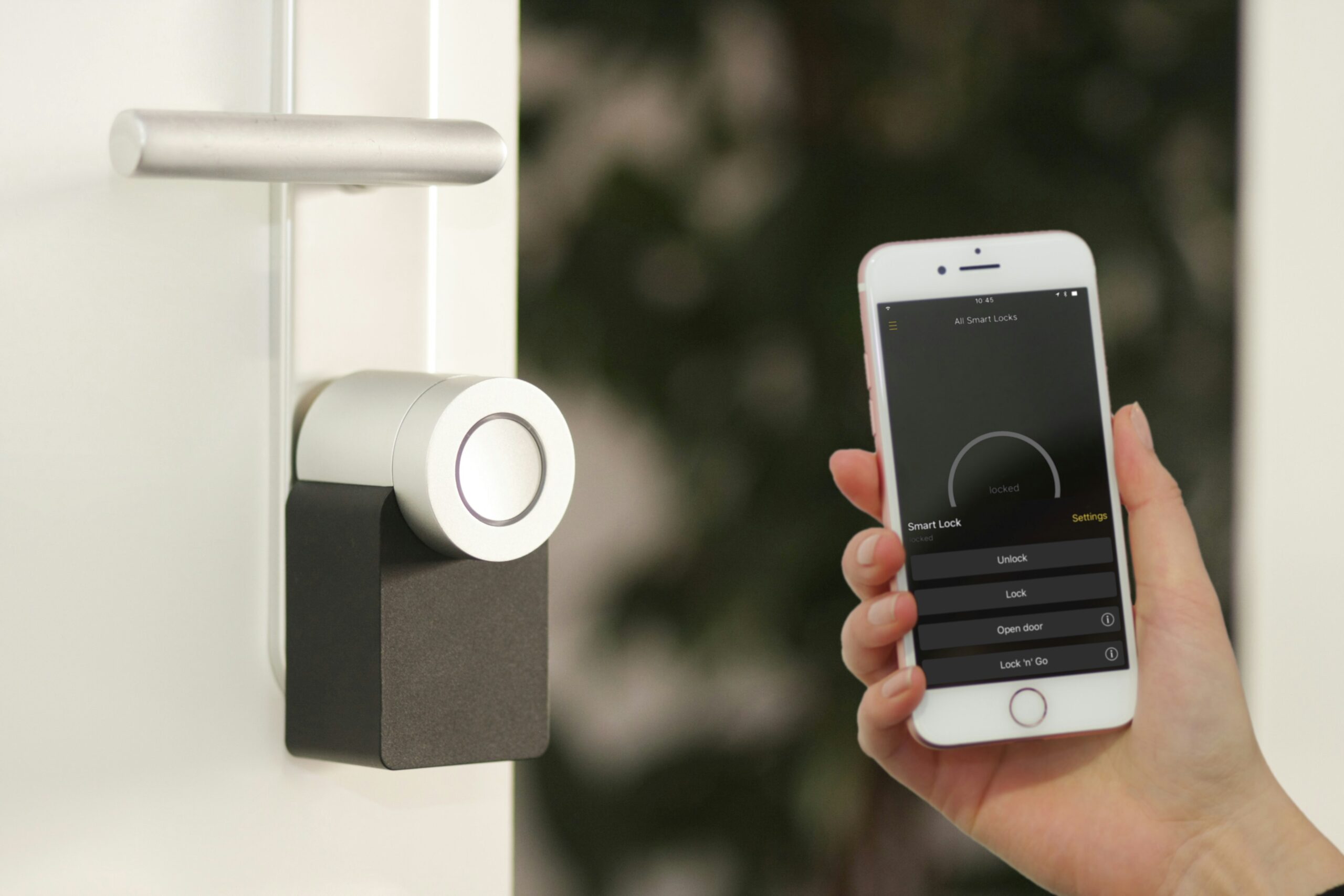Key Takeaways
- 2025 will see advancements in smart home technology, particularly through AI integration and the Internet of Things.
- Centralized voice-controlled systems are making home automation more user-friendly and efficient.
- Sustainability is a major trend, with homes integrating renewable energy and minimizing waste through smart solutions.
AI-Driven Personalization and Automation
The year 2025 is set to revolutionize smart technology, especially in home automation, with artificial intelligence (AI) and the Internet of Things (IoT) at the forefront. AI systems are increasingly personalizing user experiences. For instance, smart thermostats adapt to individual routines for improved comfort and energy efficiency, while motion-sensitive lighting only activates when necessary to reduce energy waste. AI-powered security cameras enhance safety by using facial recognition to identify family members versus strangers.
Centralized Control and Voice Activation
Homeowners are increasingly relying on centralized control hubs to manage various aspects of their homes—from lighting to security—using voice commands. Recent advances in generative AI enable these systems to execute complex commands through simple spoken instructions, allowing for tailored automation experiences that enhance convenience and accessibility.
Integration with Renewable Energy and Sustainability
Sustainability remains a focus, with homes integrating renewable energy sources like solar panels to monitor energy use effectively. Advanced technologies, such as smart water heaters and weather-responsive irrigation systems, help minimize waste and maintain cost-efficiency, making homes both eco-friendly and economically beneficial.
5G and Advanced Connectivity
The rollout of 5G technology accelerates smart home capabilities by enabling rapid communication between IoT devices. This enhanced connectivity leads to efficient automation and real-time data insights, impacting everything from household appliances to larger city infrastructures.
Wearable and Minimalist Tech
Additionally, wearables and minimalist technology are trending, allowing users to maintain a connection to their smart homes with less distraction. AI-powered smart glasses, for example, offer hands-free control and quick access to information, merging luxury with advanced innovation.
Embracing smart technology in 2025 not only enhances convenience but also opens doors to exciting opportunities, such as contests and challenges that offer life-changing prizes.
The content above is a summary. For more details, see the source article.















